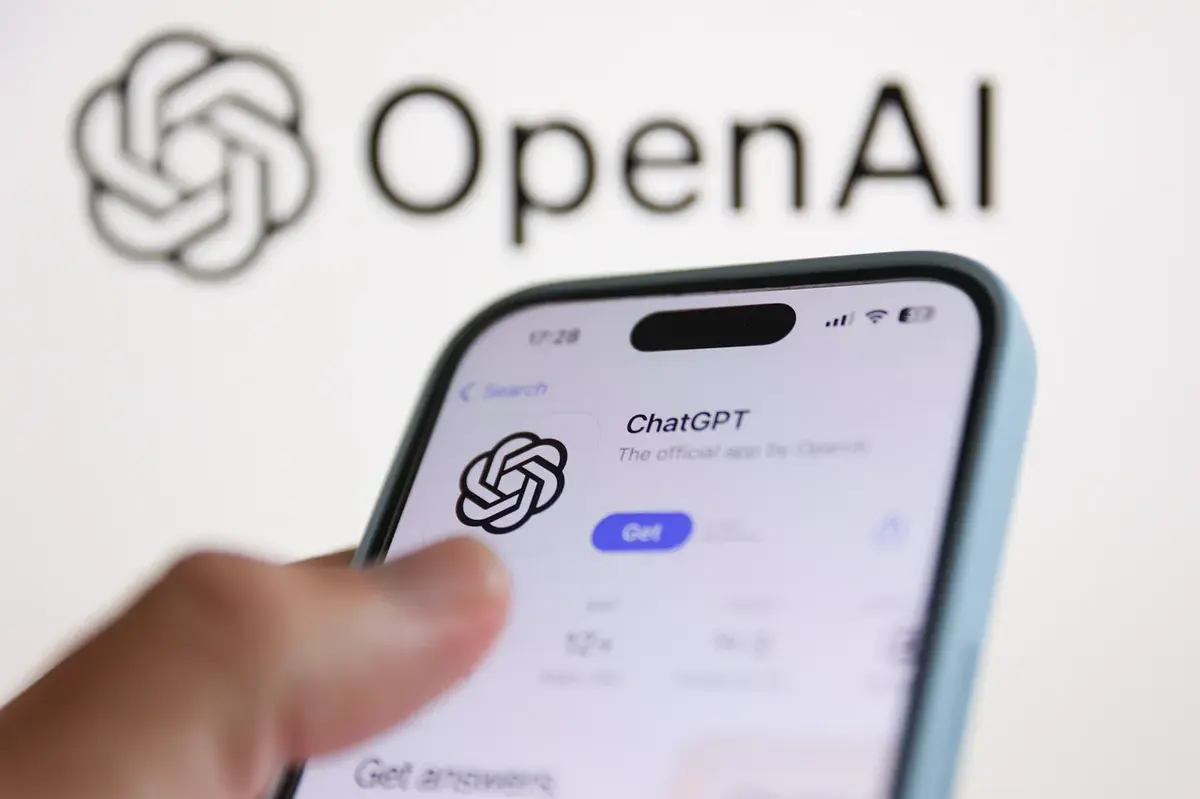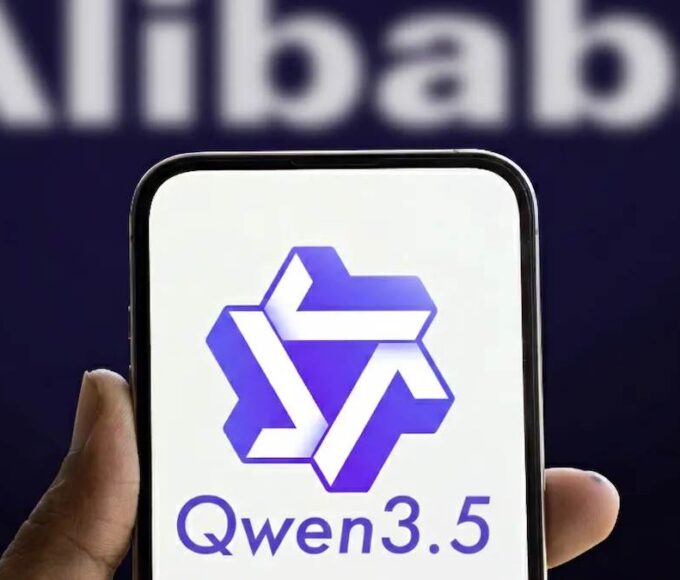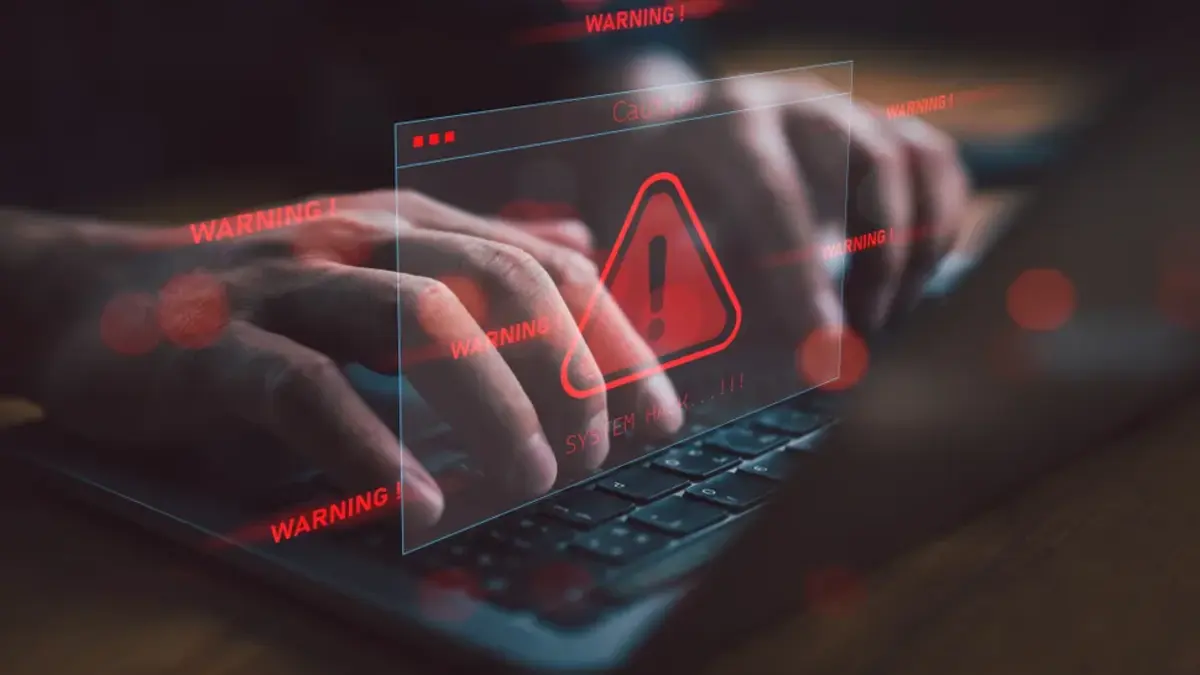Two years after its launch, ChatGPT has fundamentally altered our perception of technology and its potential, even if it hasn’t completely transformed everyday life.
Education
The emergence of ChatGPT created significant challenges for educators worldwide. Teachers and professors faced unprecedented concerns about academic integrity, with fears of widespread cheating prompting many schools to ban the technology outright.
Detection tools designed to identify AI-generated content proved largely ineffective, often falsely flagging original student work and further eroding trust between educators and students.
Despite the technological buzz, most educators remain hesitant to integrate AI tools into their classrooms. Education Week recently found that the adoption of artificial intelligence in educational settings has barely changed over the past year, highlighting the ongoing resistance and uncertainty surrounding these new technologies.
Healthcare
In the medical field, ChatGPT has shown intriguing potential, particularly in diagnostic processes. Some small studies have demonstrated the AI’s ability to outperform human doctors in diagnosing illnesses. The technology has revealed interesting insights, including doctors’ sometimes unwavering attachment to their initial diagnoses, even when AI suggests alternative interpretations.
However, healthcare adoption remains cautious. OpenAI explicitly warns against using ChatGPT for medical diagnoses, yet many individuals are finding the tool more helpful than traditional online medical resources or even direct consultations with healthcare providers.
Work and Productivity
The generative AI has already made significant inroads in workplace productivity. It has accelerated coding processes, assisted with routine tasks, and initiated a furious innovation race among technology companies. While not yet a universal solution, the technology has begun to reshape how professionals approach certain types of work.
Social and Personal Implications
ChatGPT has started to influence personal and social interactions in unexpected ways. Parents are using AI tools to help with child-rearing challenges, creating chore charts and planning events. Dating apps are experimenting with AI-assisted interactions, and some individuals are exploring AI companionship in increasingly complex ways.
Public Perception
A YouGov survey revealed a complex public sentiment towards AI. While 54% of people feel cautious and 49% express concern, there’s also a growing curiosity about the technology’s potential. The public remains divided, with 40% expressing skepticism and 22% feeling outright scared.
Looking Ahead
Despite not yet delivering on all its promises, ChatGPT has fundamentally changed how we imagine technological possibilities. The technology continues to evolve, promising further transformative potential across various domains.
The future remains uncertain, but one thing is clear: ChatGPT has irreversibly altered our technological landscape, challenging our understanding of artificial intelligence and its role in society.










